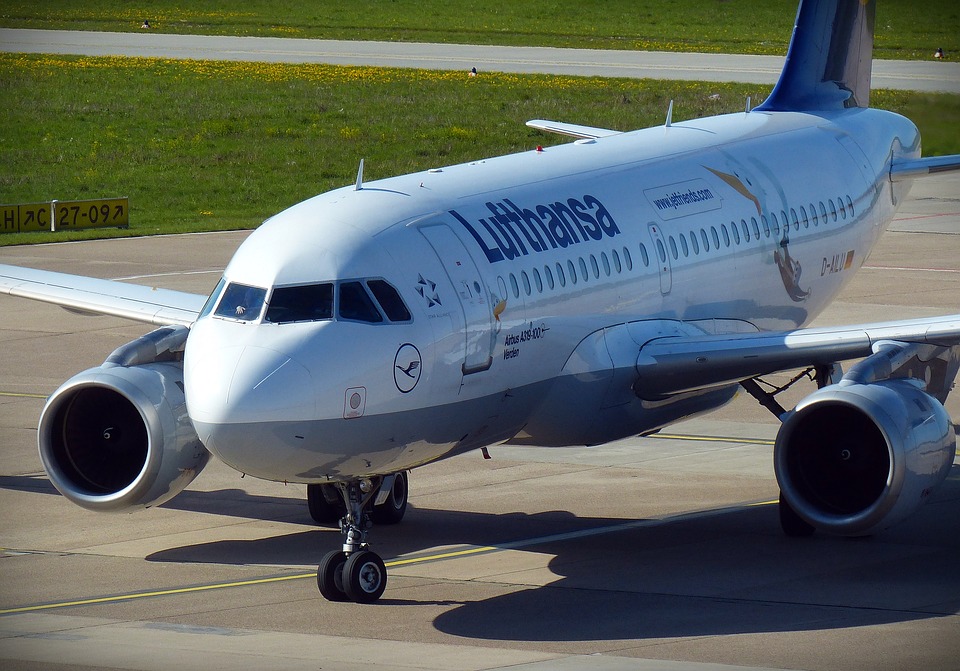Travelers flying between Germany"™s political and financial capitals this fall have been in for an occasional surprise: boarding a humpbacked 747 jumbo jet for the one-hour hop from Berlin to Frankfurt. While the massive planes are typically reserved for long-haul flights to, say, Tokyo, Denver, or Rio de Janeiro, Deutsche Lufthansa AG trotted out its jumbos as seats on its planes grew scarce after insolvent local rival Air Berlin Plc was grounded in October. Lufthansa added the big jets because it has "a responsibility to stabilize the situation to help keep air traffic in the country running," Chief Executive Officer Carsten Spohr told journalists in October.
Air Berlin"™s demise, coupled with troubles at low-cost carriers and Middle East rivals, have made Lufthansa the world"™s best-performing airline stock over the past 15 months. Since September 2016, when ailing Air Berlin said it would lease dozens of planes to Lufthansa in a last-ditch revival effort, the latter"™s shares have more than tripled, compared with a gain of about 46 percent for the Bloomberg World Airlines Index. Those positives, though, are tempered by trouble ahead: The hapless Air Berlin wasn"™t much of a rival, and more efficient operators such as Ryanair Holdings Plc and EasyJet Plc will provide stiffer competition as they jump in to fill the void. "Low-cost carriers are weaker in Germany than just about anywhere else in Europe, and Lufthansa"™s German profits will come under pressure as they use Air Berlin"™s failure to speed up expansion," says Daniel Roeska, an analyst at Sanford C. Bernstein Ltd. "The longer-term outlook remains cloudy."
While Air Berlin lost money for most of the past decade, it kept no-frills operators largely at bay even as they invaded the U.K., Spain, and Italy. And with Etihad Airways pouring almost €2 billion ($2.4 billion) into the carrier in recent years, Air Berlin was able to absorb losses that would have driven most other competitors into bankruptcy. Now, Ryanair says it can more than double its share of the German market, to 20 percent, by 2020. To get there, it"™s seeking some of Air Berlin"™s landing rights and last year started serving Lufthansa strongholds such as Frankfurt and Munich instead of the out-of-the-way secondary airports it often uses. EasyJet has bought 25 Air Berlin planes and put up billboards across the city to trumpet upcoming service from Berlin"™s Tegel Airport, in addition to its base at the frumpier Schönefeld in the former East Berlin…



